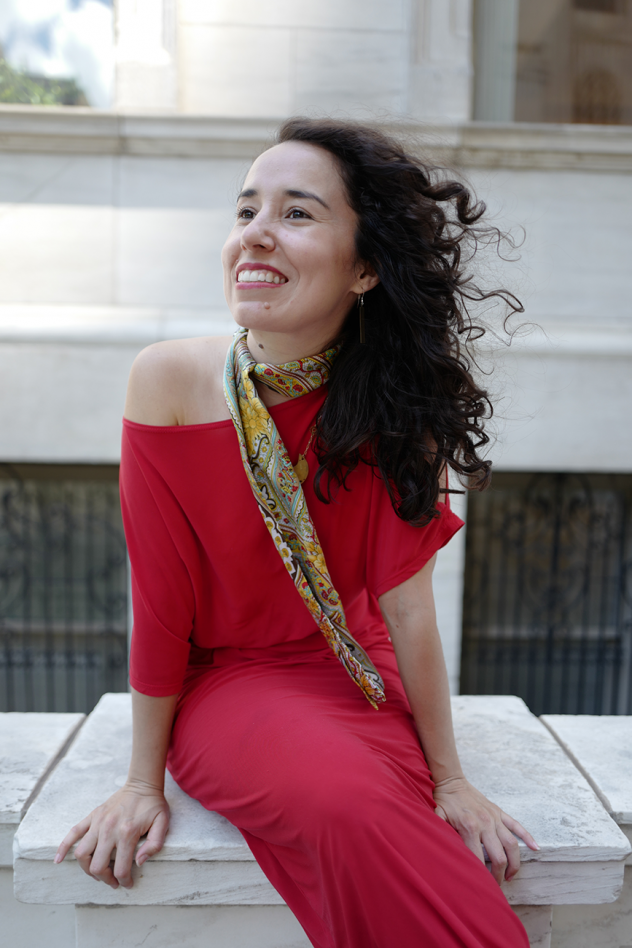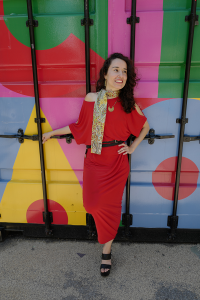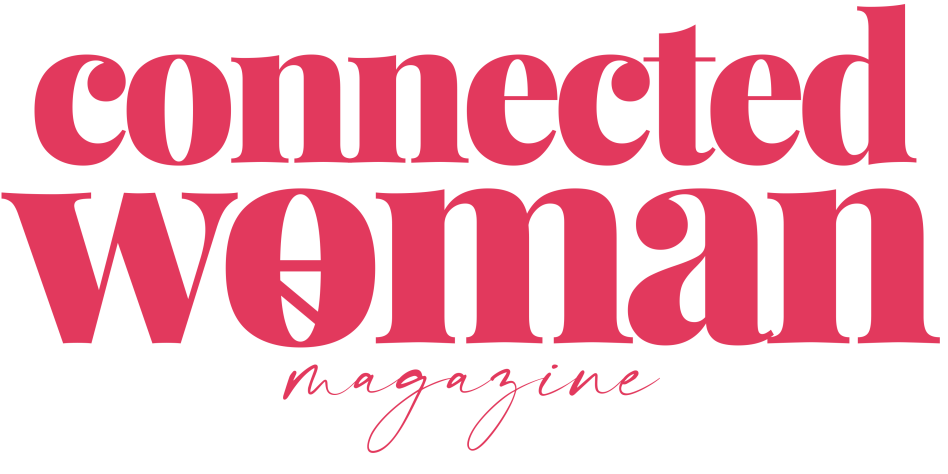
Isabel Varela is a Louisiana-born Life Coach, Sustainability Consultant, and Keynote Speaker. As a former fashion addict. she wants to empower others to have healthier relationships with fashion, implement social responsibility and sustainability solutions, and see the big picture when it comes to our planet. Known worldwide for her documentary, Fashion Addict, she has shared her journey of change through accepting her own reality and making herself accountable. Let’s meet this fashion advocate now.
Tell our readers about your work and what you do.
As a former fashion addict-turned-fashion advocate with a $100K debt in clothing, I am on a mission to empower women to build a better relationship with themselves and their clothing for a healthier planet. I offer my services as a life coach, motivational speaker, sustainable consultant, and master tailor. I teach women how to overcome fashion addiction by increasing their self-love, self-respect and live more sustainably.
I have also been awarded “Change-maker of the Year” through the New York Fair Trade Organization and travel nationally, giving presentations to universities on sustainability and fashion addiction. I also have been screening my double award-winning documentary called. “Fashion Addict .”
With over 25 years in the industry, I have worked for some of the biggest brands, including LVMH, Balmain, Saks, and many more in New York City, implementing social responsibility at the corporate level. My work includes creating giant mixed-media sculptures, paintings, and collages to shine a light on the fashion industry’s malpractices. I have also partnered up with companies including The Canvas, DonateNYC, GoodWill, RefashionWeek, and many others in New York City.
Why is Sustainability important?
With the current state of our world, it is imperative to understand that our actions affect our planet. Sustainability encompasses a wide range of categories. The one I focus on is the correlation between the relationship with ourselves, our clothing, and our planet. The more we take care of ourselves, the more we will want to take care of our clothing, which impacts how we take care of our planet. Therefore, we want to consume less, take care of the pieces we already have in our closet, and invest in ethically made clothing. I believe in shopping in our closets first because we only wear 20% of our wardrobes 80% of the time, so do we need to be purchasing so many items?
Describe in brief what the life of a fashion addict likely looks like for women struggling.
Fashion addiction is an addiction just like alcohol or drugs. The addict can live a typical day-to-day life, but they are constantly craving their next hit of dopamine behind the scenes.
Here is an example of what my life looked like.

I was a fashion designer, working full-time on my business in a studio in downtown Dallas. I attended business events, parties and had a boyfriend that was also working on his venture. I visited my family, had close friends, and worked on maintaining a healthy life. However, just like any addiction, I was in denial at first. Shopping was a hobby for me, and my visits to the stores went from once a week to four times a week. I constantly rationalized needing a new pair of shoes, a new shirt, or even a new dress. I would feel better whenever I declared, “I deserve this and have worked hard” I tricked myself into thinking that I can pay my debt off later, and I always had a choice to return an item. My intention for shopping was to make me feel better, pretty, loved, and validated. I would shop when I was depressed, sad, lonely, and shop when I was angry or happy. The issue is that shopping was a way for me to run away from myself and fill an empty void. It is about the intention and why we are shopping because nothing materialistic can fill a spiritual void.
But what about the woman who can afford it all?
A woman that can afford it all still needs to view the intention behind why she is shopping. Once I got out of my denial and faced my addiction, I went back to work in the fashion industry. I worked as a celebrity tailor at several luxury stores such as Balmain, Saks, and LVMH. I had several wealthy clients who could afford all kinds of things; however, the one thing they all had in common was how unhappy they were in their personal lives and relationships. They never felt enough or beautiful. Sometimes, my clients would come in upset, sad, lonely, and then after purchasing $5,000 to $40,000 worth of clothing, they would feel instant gratification and their temporary hit of dopamine. Sadly, they would come back the following week wearing their brand-new garments but not feeling good about themselves and go through the same cycle of trying to fill a spiritual void with material things.
What is the first step to you getting them back on track and back to life?
Facing a shopping addiction or any addiction is not easy, but very possible. We first have to be open enough to admit that we have a problem and to question our shopping habits. One homework that I give my life coaching clients is to track their spending habits over one to three months. I have them track their finances, but the most important part is tracking their feelings and naming their reasons for shopping. The most critical component in helping women get back on track is the amount of empathy and support I offer. The women I have helped feel empowered and a sense of hope knowing that I have personally overcome my addiction.
Do you ever think of starting another fashion brand?
I am currently taking a sabbatical from designing and do not want to produce anything new. When the time comes, I will focus only on using textile waste and upcycling what we already have. I have a few ideas up my sleeves!
What obstacles have you encountered when trying to help companies implement social responsibility in their workplace cultures?
Where should I begin? There is a lot of politics that I have had to jump through and fight my way through. However, when it came down to implementing various green strategies, the number one issue was money. One important lesson that I have learned is speaking the “language,” which is exactly how I built the first corporate social responsibility at Thomas Pink. As soon as I changed my language and made sure the goals for going green matched the purposes of the brand, the tables turned. Once the company made me the lead green officer, on top of my actual hired position as a master tailor, then I continued my persistence in pushing all of the sustainable initiatives through.
Where is your relationship with Fashion now?
My relationship with Fashion has changed. I do not shop the way I used to, nor do I crave that hit of dopamine from clothing or shopping anymore. I stopped following trends and have created my style wearing my favorite pieces. I have also changed how I view clothing and take care of the pieces I already have in my closet.
I rarely shop for anything new unless it is for underwear or bras. When I shop, I will always go to a swap shop first or a thrift store, but my unfair advantage is that I can make my clothing. If I shop new, I will instead choose to shop with the sustainable brands I have developed a relationship with because I know exactly where everything is coming from and how it is made. If I don’t find anything through my handpicked brands, I will do some heavy research before investing in anything new.
Tell our readers where they can reach out to you and find you online.
If you have any questions and want to work with me, please feel free to reach me directly at isabel@isabelvarela.com. Feel free to check out my website at www.isabelvarela.com
You can follow me on all social media channels:
Instagram: https://www.instagram.com/iamisabelvarela/
Facebook: https://www.facebook.com/IamisabelVarela
YouTube: https://www.youtube.com/channel/UCU_hTBYF8Lslz24haFwXsSw
LinkedIn: https://www.linkedin.com/in/isabelvarela/
